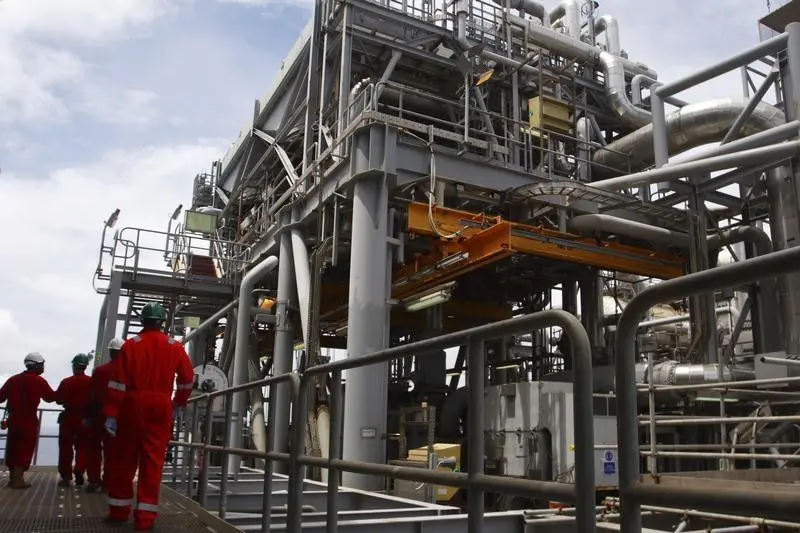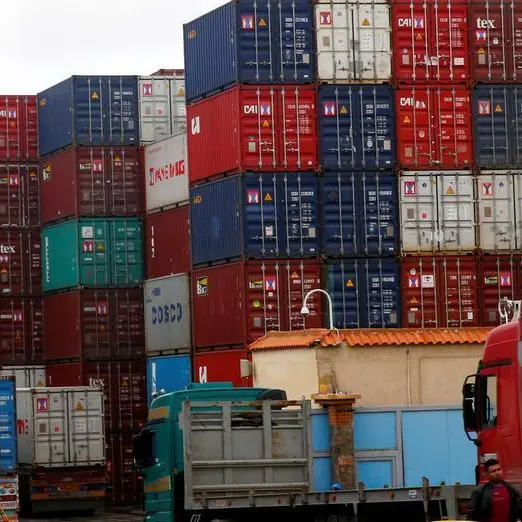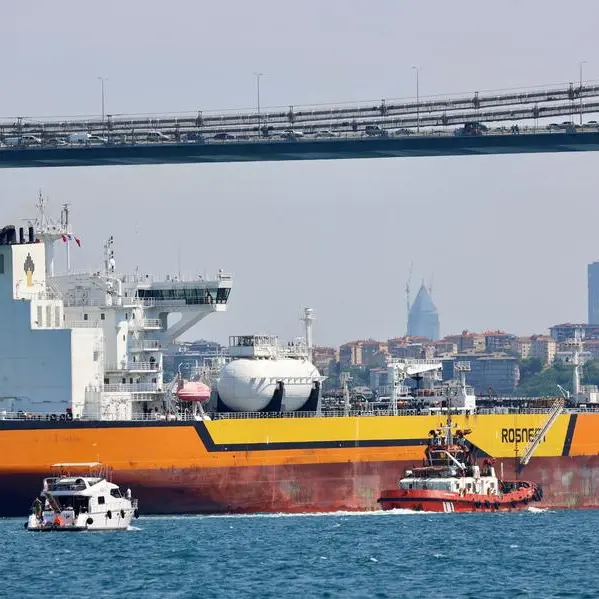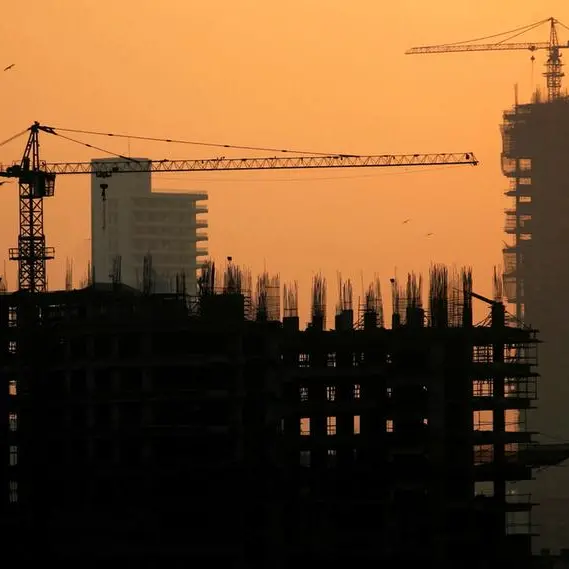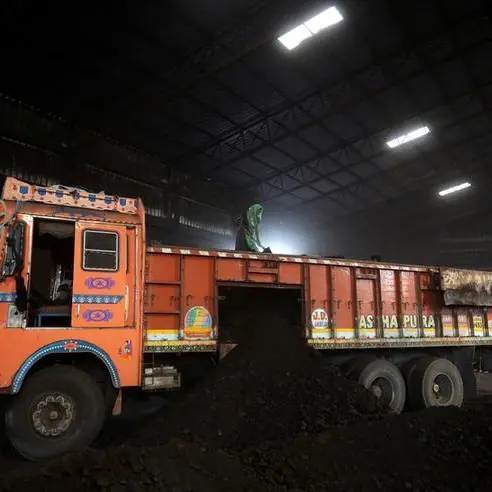PHOTO
Mongolia will take a decision on which part of its territory will be used to construct the Russia-China gas pipeline once its neighbours reach an agreement on costs, the country's prime minister said.
Russian energy company Gazprom is planning to build the 2,600 km Power-of-Siberia 2 gas pipeline to supply 50 billion cubic metres of gas per year to China by 2030.
Mongolian Prime Minister Luvsannamsrain Oyun-Erdene told Reuters on Tuesday that talks between its two big neighbours had been put on the back burner due to the Ukraine war, but there was a likelihood of them coming back to the negotiating table.
After Russia and China decide on the pricing, Mongolia will decide on how they can use its territory to transport the gas, Oyun-Erdene said.
Nearly 80% of Mongolia's total exports go to China, but the mineral-rich country is working to expand trade and mining relationships beyond China and Russia and hopes to become a bridge between Europe and Asia.
"We're discussing cooperation in the rare earth elements sector; having discussions with German and French sites on copper production, and enhancing our private sector partnership with the Republic of Korea and Japan," Oyun-Erdene said.
On Monday, the country started its long-delayed underground production at the Oyu Tolgoi project, in which it has a 34% stake, with Anglo-Australian miner Rio Tinto owning the rest.
Oyun-Erdene said the Mongolian government was not looking to raise its stake in Oyu Tolgoi and was satisfied with the partnership.
Oyu Tolgoi is slated to eventually produce more than 500,000 tonnes of copper a year and help Mongolia become one of the largest producers of the metal in the world.
With mining accounting for a quarter of the country's GDP and around 93% of its exports, Mongolia is implementing reforms to safeguard its economy from volatility in commodities markets, the prime minister said.
The government will start a sovereign wealth fund to cushion itself against raw material price volatility, diversify its economy and invest more in building infrastructure and logistics.
"These measures will greatly contribute to balance our economy and address the issue of volatility," Oyun-Erdene said.
(Reporting by Mrinalika Roy and Arunima Kumar in Bengaluru; Editing by Anil D'Silva)
